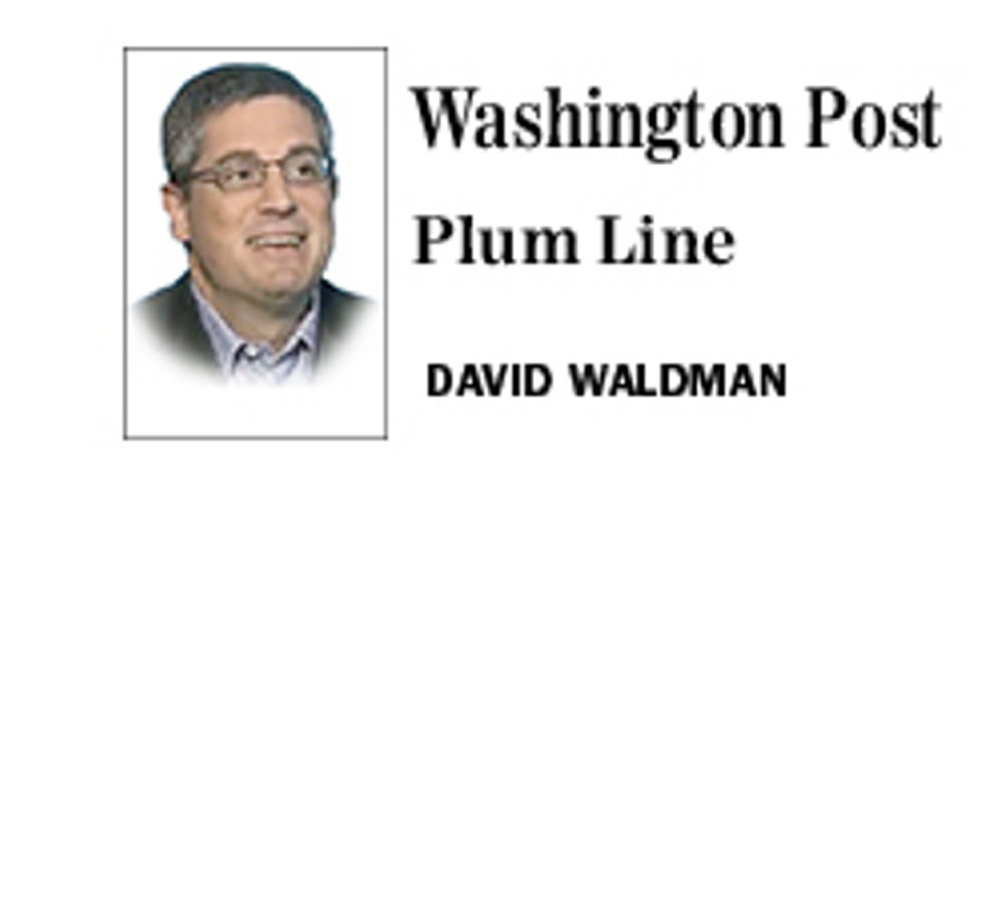Last week, President Barack Obama laid out his plan for attacking the Islamic State, and the immediate response from Republican leaders was almost uniformly negative. That wasn’t surprising, given that one of the opposition’s duties is to say that the president is wrong about everything.
But if you expected that all Republican voters would fall in line with their leaders, you’d be wrong. A poll from the Pew Research Center taken after the speech shows a remarkable level of agreement about this new military undertaking.
Overall, 53 percent of the respondents said they approved of Obama’s plan, with 29 percent disapproving. That’s solid, if not overwhelming, support, but what’s notable is that Democrats and Republicans were almost identical: Democrats, 60 percent approving to 24 percent disapproving; Republicans, 64 percent to 27 percent.
Two groups of people can come to the same conclusion for different reasons; it might well be that, in this case, Republicans support action because of their inclination toward hawkishness while Democrats favor the policy of a president they support. And there was one significant difference: By 66 percent to 27 percent, Republicans say they’re more concerned that U.S. military action won’t go far enough, while by 54 percent to 27 percent, Democrats say they’re more concerned that U.S. involvement will go too far.
The most interesting result, however, comes on the question of whether this action will increase the chance of terrorism in the United States. You’ll recall that Obama and Republicans have very different perspectives on this question. When he made his case for this engagement, Obama said that the Islamic State could become a threat to the United States “if left unchecked.” Republicans, on the other hand, are arguing that the Islamic State is already a threat, a dire one at that.
When you combine that with the general conservative presumption that terrorist threats are alleviated only with force and anything less only demonstrates weakness that invites attack, you’d think that Republicans would say that taking military action would reduce the threat.
That is not happening, nor is there much support from anyone for the idea that this campaign will make us safer. Only 18 percent of Americans overall — 23 percent of Republicans and 15 percent of Democrats — think the new military campaign will decrease the chances of a terrorist attack at home.
You can slice these data a couple of ways, of course, but around two-thirds to three-quarters of every group believes that the campaign will either increase the odds of a terrorist attack or make not much difference. Yet a majority supports it anyway.
I don’t think there’s necessarily anything confused about that; in fact, it might be a mature, sober judgment.
Paul Waldman is the American Prospect’s daily blogger, and a contributing editor. He also blogs for the Plum Line at The Washington Post, where this column first appeared.
Send questions/comments to the editors.



Success. Please wait for the page to reload. If the page does not reload within 5 seconds, please refresh the page.
Enter your email and password to access comments.
Hi, to comment on stories you must . This profile is in addition to your subscription and website login.
Already have a commenting profile? .
Invalid username/password.
Please check your email to confirm and complete your registration.
Only subscribers are eligible to post comments. Please subscribe or login first for digital access. Here’s why.
Use the form below to reset your password. When you've submitted your account email, we will send an email with a reset code.